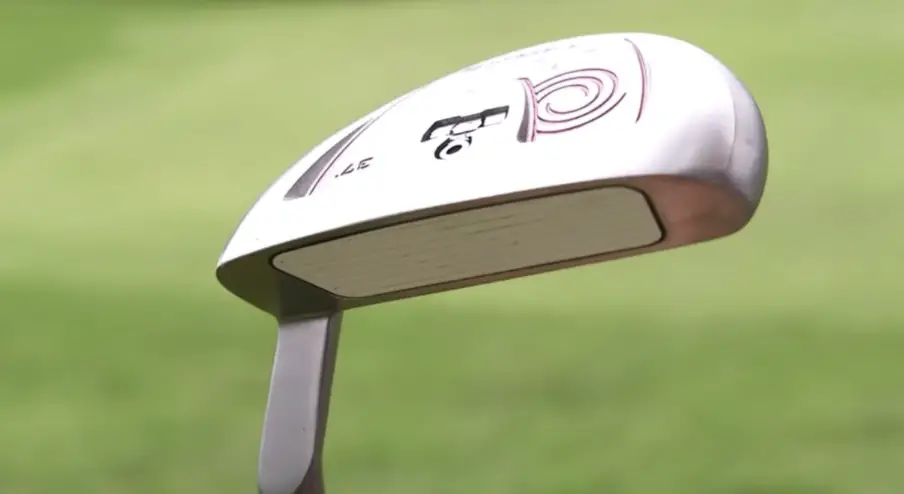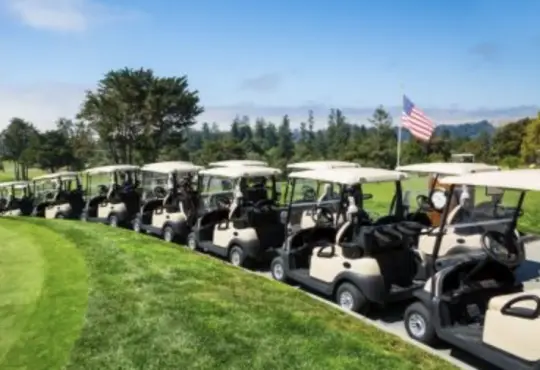
Demystifying the Chipper: Are Chippers Legal in Golf?
Golf, a game steeped in tradition and rules, has seen its fair share of debates over the years. One such discussion revolves around the use of chippers—unique clubs designed to assist with delicate shots around the green. If you’ve ever wondered whether chippers are legal in golf, this blog post aims to provide clarity on the subject, exploring their role in the game and the rules surrounding their usage.
Understanding the Chipper: A Unique Golf Club
A chipper is a specialized golf club that falls somewhere between a putter and a wedge in terms of design and purpose. It features a lofted face like a wedge but has a more putter-like appearance and length. Chippers are primarily designed to help golfers execute chip shots—a type of shot played from close to the green where the ball is lofted into the air and allowed to roll towards the hole.
The Legal Standing of Chippers in Golf
Chippers are generally considered legal under the Rules of Golf, as long as they conform to the standards set by the governing bodies, such as the United States Golf Association (USGA) and the Royal and Ancient Golf Club of St. Andrews (R&A).
These organizations have specific guidelines that regulate the design and characteristics of golf clubs, including chippers. For a chipper to be deemed legal, it must adhere to rules such as:
- Maximum Loft: The loft of a chipper’s clubface must not exceed 10 degrees. This limitation prevents the chipper from having an overly dramatic loft, ensuring that it doesn’t compromise the integrity of the game.
- Club Length: The length of a chipper must be consistent with the rules governing the overall length of golf clubs. It should not deviate significantly from the standard putter length.
- Design and Construction: Chippers must meet the general design and construction specifications outlined in the rules for golf clubs. This includes factors like clubhead size, shaft material, and grip design.
It’s important to note that golf equipment rules can evolve over time, so it’s advisable to consult the most up-to-date rules provided by the governing bodies to ensure accurate information.
Pros and Cons of Using a Chipper
The use of a chipper can offer certain advantages to golfers, especially those who struggle with delicate shots around the green. Chippers can help players achieve consistent ball contact and reduce the risk of mishits, ultimately leading to improved short game performance.
However, some purists argue that relying heavily on a chipper might hinder a golfer’s skill development and creativity around the greens. As with any specialized club, the decision to use a chipper should be based on a player’s individual preferences, strengths, and weaknesses.
Conclusion: Navigating the Green with Clarity
In the world of golf, where adherence to rules and tradition is paramount, the use of chippers remains a topic of interest and discussion. As of now, chippers that comply with the established guidelines of golf’s governing bodies are generally considered legal for use in the game. Whether you choose to incorporate a chipper into your bag or rely on traditional clubs for your short game, the ultimate goal is to enhance your skills, enjoyment, and overall performance on the golf course. As always, staying informed about the latest rules and regulations ensures that you navigate the green with both skill and respect for the sport’s traditions.






